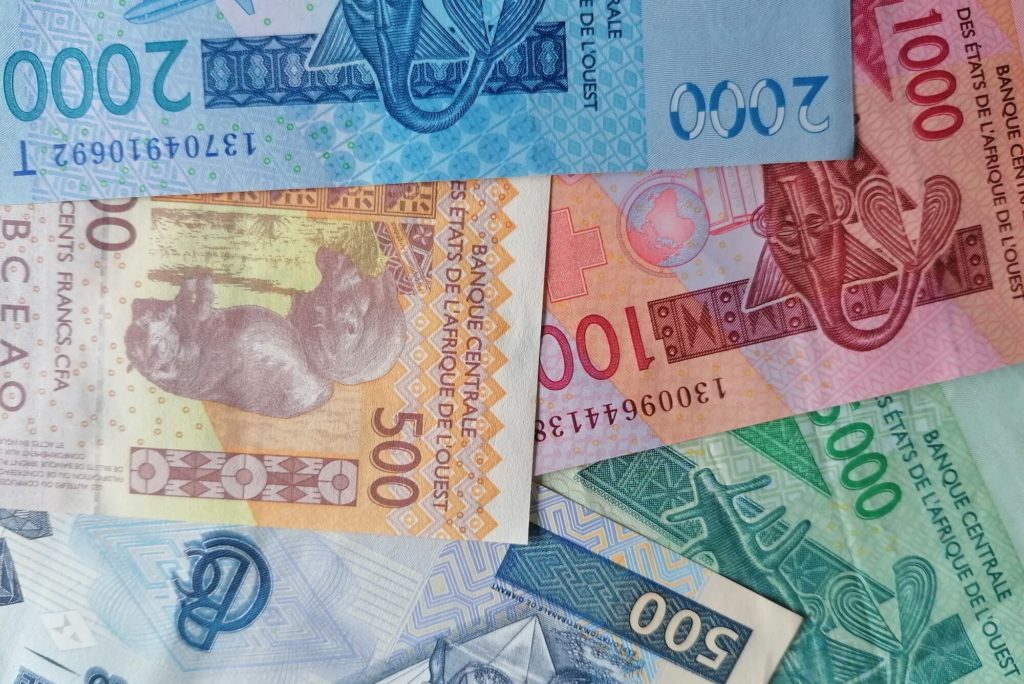For the first time, global sovereign debt has equalled the size of the world economy
Beyond the terrible toll in deaths, the COVID-19 pandemic has also led to a huge mountain of global public debt, which countries will have to face in the medium term, due to continued liquidity pressure and high public spending to contain the effects of the health crisis.
The situation has meant that, for the first time in history, global sovereign debt has equalled the size of the world economy, creating an „unknown“ level of uncertainty, according to experts.
„The COVID-19 crisis has devastated people’s lives, jobs and businesses. Governments have taken strong measures to cushion the blow, totalling 12 trillion euros worldwide,“ the International Monetary Fund said this week, saying these fiscal measures have „saved lives“ and businesses, but have also been very „costly“.
Last decade with high debt
Despite the contraction of the world economy, which will fall by 4.4% in 2020, the pandemic has not brought about a change of cycle in terms of debt but has exacerbated the debt phase and made it denser.
But this scenario has been reached after a decade in which „global tax collection has stagnated, some taxes have been reduced and the regions with the lowest tax collection rates have remained stable or flat“, according to Jaime Atienza, head of debt policy at Oxfam International.
This has been added to the high level of indebtedness, which is mainly due to the supply factor, with a „very large“ liquidity pocket in the global financial system, and the continuous debt issues in emerging countries and low-income economies.
„Some countries that were already under stress have had immediate problems, such as the poorest; and others, such as the Europeans or the United States, have margins to continue to borrow, can issue currency and maintain a low rate scenario,“ Atienza explained. „There are many unknowns: we did not know the current level of uncertainty,“ he reflected.
Poor countries, in the open
On the other hand, the world’s poorest countries face a common situation: the devaluation of their currency causes the cost of their bonds to rise, creating a „very complicated“ scenario in the medium term.
A report published on Monday by the World Bank (WB) reveals that the debt among the poorest countries increased by 9.5% to 744 billion dollars in 2019 with respect to the previous year, which, in the opinion of the president of the multilateral organisation, David Malpass, shows the „urgent“ need to act, especially with the crisis caused by the pandemic.
To try to cushion this situation, the Executive Board of the International Monetary Fund (IMF) approved immediate debt relief for 25 member countries on Monday in order to address the economic impact of the pandemic on these nations.
Most of the countries benefiting from the relief are in Africa: Benin, Burkina Faso, Central African Republic, Chad, Comoros, Democratic Republic of Congo, Gambia, Guinea, Guinea-Bissau, Liberia, Madagascar, Malawi, Mali, Mozambique, Niger, Rwanda, Sao Tome and Principe, Sierra Leone and Togo.
Afghanistan, Haiti, Nepal, Solomon Islands, Tajikistan and Yemen complete the list.
IMF Managing Director Kristalina Georgieva explained in a statement that the fund provides assistance to „the poorest and most vulnerable members to cover their debt obligations to the IMF during an initial phase over the next six months“.
This was in addition to the decision of the G-20 finance ministers, who this week opted to extend the debt suspension for the poorest nations.
In Atienza’s opinion, „the cancellation of debt payments“ is necessary because, without it, „the debt tsunami that will take over many of the world’s poorest countries will only be delayed, leaving them unable to afford investment in health and social security“.
By Álex Segura Lozano/EFE
Source: https://www.efe.com/efe/espana/economia/la-pandemia-provoca-una-montana-de-deuda-global-que-golpeara-en-el-futuro/10003-4370629 (original Spanish)





